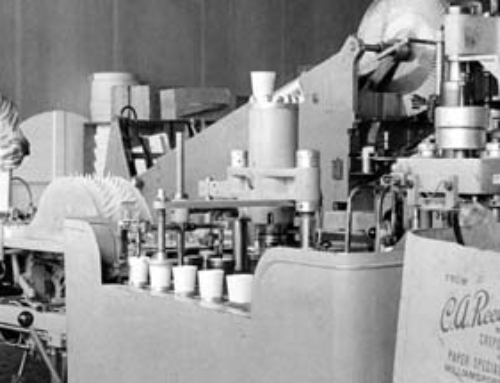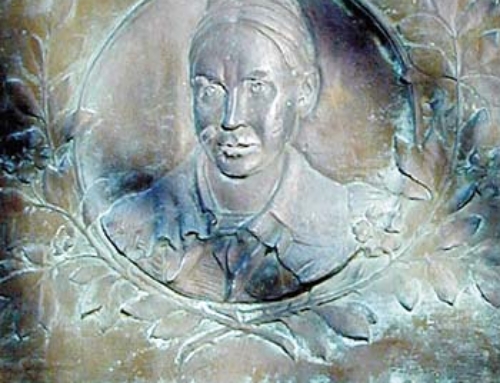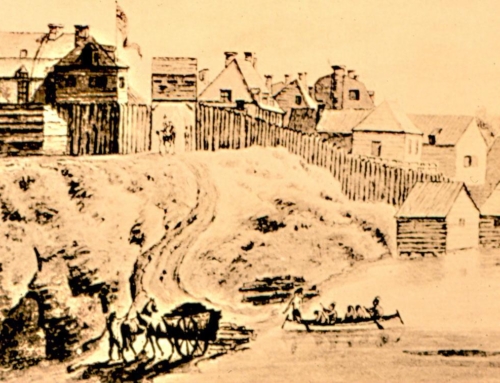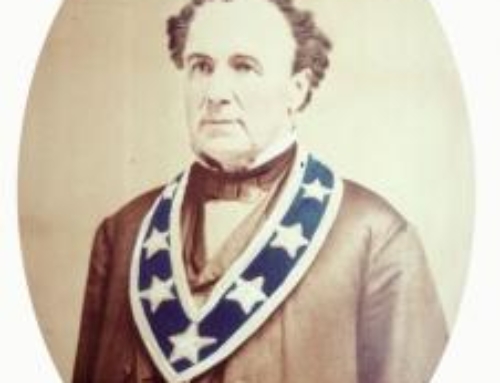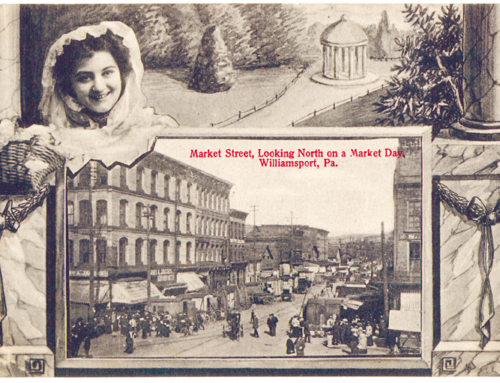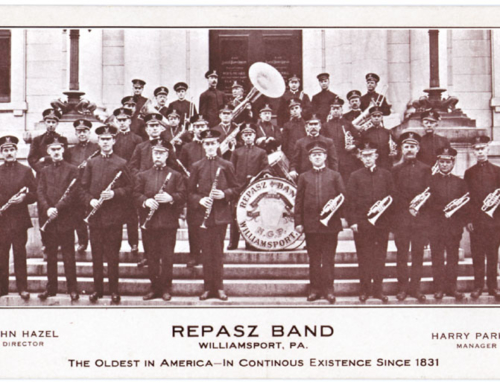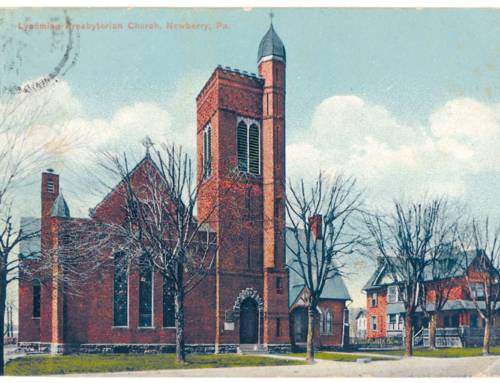One of the most important men of vision and entrepreneurial skill that helped to develop Williamsport and Lycoming County into a major center of commerce was Major James H. Perkins. His foresight and boldness helped to make Williamsport the “Lumber Capital of the World” in the mid- and late-nineteenth century.

In 1849, Perkins, along with John Leighton, John Dubois, Jr., Matthias Dubois, Issac Smith and Elias S. Lowe, formed the “Susquehanna Boom Company.” In an article in the “Lycoming County Historical Journal,” Gladys Tozier wrote that Perkins’ construction of a boom “revolutionized the lumber industry and made Williamsport famous in all the lumbering industry and countries.” John F. Meginness amplified this in his “History of Lycoming County” writing, “Williamsport owes its development and prosperity to the lumber-manufacturing industry.” The boom ushered in a period of lumber prosperity that would last for over forty years.
Perkins contributed another economic innovation to the area in the early 1850s when he started the practice of paying workers in cash. Up to this point, workmen were compensated in something that resembled a “barter system” in which they were paid in “written exchanges” or “written orders.” This system gave undue advantage to employers. The introduction of payment in cash by Perkins helped to make things more equitable for workers.
His financial pluck placed Perkins in the forefront of Williamsport’s business class. His financial wisdom put him in a good position to help found one of Williamsport’s first banks, “The Savings Institution of Williamsport,” where he served as its vice-president and president for over twenty-five years. He was also a member of the board of directors of the West Branch Bank. Perkins was one of the founders of the Williamsport Hospital and served as a member of its board of directors. He was instrumental in the creation of the Wildwood Cemetery and was a member of its board of trustees for many years.

Lumber Boom
Perkins was mayor of Williamsport from 1870 to 1872 and also served several terms as a member of the select council and as its president for many years. The select council was the predecessor to the city council.
Perkins gained his military title of “major” when he was elected major of the Twenty-Fourth Regiment of the Pennsylvania Volunteers in 1842, while living in Philadelphia.
The “Father of the Susquehanna Boom” died on July 17, 1893, at the age of 90. The “Grit” noted his passing in an editorial on July 21, 1893, that said in part, “The passing of James H. Perkins removes one who has contributed to the shaping of our destiny as a community. It may be truthfully said of Major Perkins that this world is a better place for his having lived in it and we as a community are much the richer and better for his having passed his long and busy life here.” Williamsport’s city council passed a resolution marking Perkins’ death. It stated in part, “He was a citizen whose public spirit and private enterprise did much for our city. We rejoice in his long and honorable life and feel a justifiable pride in his noble character and in the memory of his great and stately manner.”
By Lou Hunsinger Jr., Williamsport Sun-Gazette


